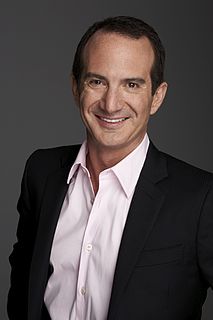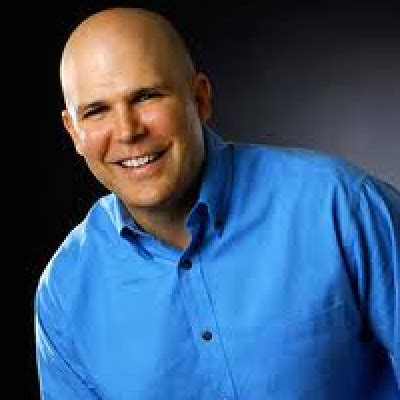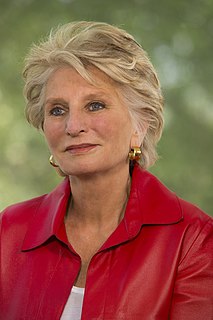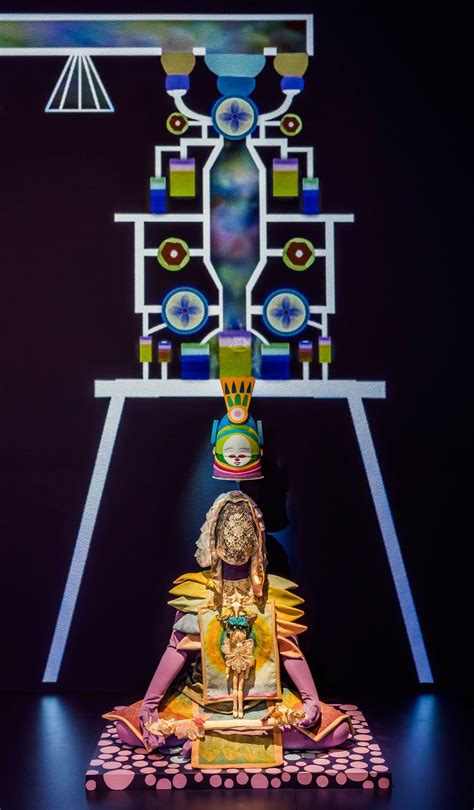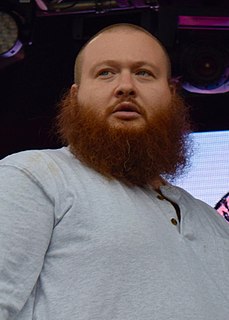A Quote by David Ignatius
The CIA in real life, we know, is looking for new kinds of cover. It's looking for new platforms, as they like to say, and it's trying to use the revolution in communications technology, the ability to use all sorts of corporate entities in ways that are hard to detect to get our spies in the places where they need to be.
Related Quotes
I don't like real places, but I don't like imagined ones either. I feel like I'm looking for some mixture and it's very hard for me to say because I like to use real place names because there's an uncanny feeling to them, but at the same time I don't ever really try to make them plausible. Sometimes I like to use them as a way to hide in plain sight a little bit, because to me a very exotic or imagined setting has a lot of weight and a lot of burden to it, and it doesn't suit me, but a real place seems to have its own weird legacy, so I don't know what the choice is?
As part of our layered approach, we have expedited the deployment of new Advanced Imaging Technology (AIT) units to help detect concealed metallic and non-metallic threats on passengers. These machines are now in use at airports nationwide, and the vast majority of travelers say they prefer this technology to alternative screening measures.
Darren Hardy has written a new bible for the self-improvement space. If you are looking for the real deal-a real program, with real tools that can change your life and make your dreams a reality-The Compound Effect is it! I plan to use this book to go back and look at what I need to again work on in my own life! Buy ten copies, one for yourself and nine more for those you love, and pass them out now-those who get it will thank you!
The amazing thing about working on new platforms is that there is a great deal of excitement. You know, these things - they're brand new. They're trying to figure it out. And so if you're a show that they're supporting, they're going to put a tremendous amount of energy behind you. They're open to new ideas, new ways of promoting a show, and I think that feels really exciting, because network TV sort of feels like a formula. They give you a couple of weeks, and if it works, it works, and if it doesn't, you're most likely going to get cancelled.
It once seemed that the most profound feats stemming from DNA-based science would spring from our ability to read and detect genes, which we call the science of genomics. But the real opportunities lie in our ability to write DNA, to synthesize new gene sequences and insert them into organisms, resulting in brand-new biological functions.
So let's not use a stylus. We're going to use the best pointing device in the world. We're going to use a pointing device that we're all born with - born with ten of them. We're going to use our fingers. We're going to touch this with our fingers. And we have invented a new technology called multi-touch, which is phenomenal. It works like magic.
We need to have honest conversations among women and men to say how do we stop blaming each other? Because I'm not saying that every woman wants to be a corporate CEO. We need so that the women who are corporate CEOs get supported and they're not looking askance or down at women who make other choices in life.




